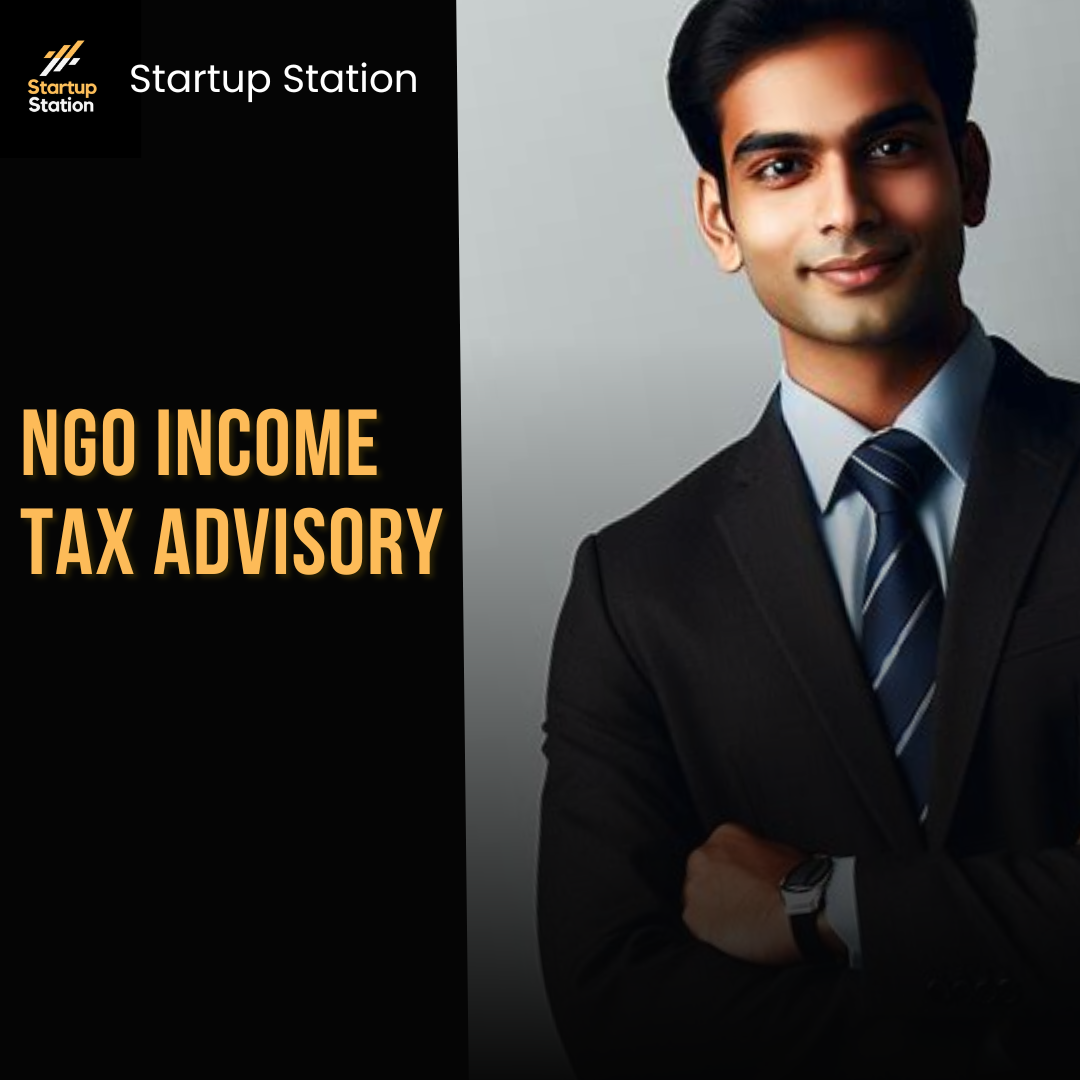Introduction
Income tax advisory is a crucial aspect of financial management, particularly for non-governmental organizations (NGOs). An income tax advisor is a financial expert with specialized knowledge in tax accounting and tax law. In the realm of NGOs, the need for income tax advisory arises from the desire of both the organization and its donors to maximize benefits while ensuring compliance with tax regulations.
The Importance of NGO Income Tax Advisory
NGOs, despite being non-profit organizations, have financial dealings that are subject to taxation. Proper income tax advisory ensures that these organizations navigate the complex landscape of tax regulations efficiently, optimizing their financial resources for their intended purposes.
Benefits of Section 8 Registration
Section 8 registration provides several advantages for NGOs:
-
Tax Benefits: Section 8 registration offers tax exemptions and benefits, enabling NGOs to utilize their funds more effectively for charitable activities.
-
Credibility: Being registered under Section 8 enhances the credibility and legitimacy of an NGO, fostering trust among donors and stakeholders.
-
No Stamp Duty: Section 8 companies are exempt from paying stamp duty on various transactions, reducing administrative costs.
-
Distinct Legal Entity: Section 8 registration establishes the NGO as a separate legal entity from its members, offering liability protection and facilitating smoother operations.
Procedure of Section 8 Companies
Registering as a Section 8 company involves several steps:
-
Obtaining Digital Signatures: The first directors of the company need to acquire digital signatures, which are essential for online filing and authentication.
-
Memorandum of Associations: Drafting and finalizing the memorandum of associations, outlining the objectives and rules of the company in compliance with legal requirements.
-
Completing the Application Form: Filling out the application form for Section 8 registration and submitting it along with the necessary documents to the concerned authority.
Documents Required For Section 8 Companies
To register as a Section 8 company, the following documents are typically required:
-
Articles of Association: Detailed rules governing the internal management and operation of the company.
-
Passport Size Photographs: Photographs of the directors and other key personnel involved in the company.
-
Digital Signature Certificate: Authentication of digital signatures for online transactions and communication.
-
Memorandum of Association: Formal document defining the company's objectives and governing structure.
-
Member's ID Proof: Identification documents of the members involved in the company.
Frequently Asked Questions (FAQs)
Who is eligible to apply for the registration of a Section 8 company?
Any individual or group of individuals who intend to promote charitable objectives, such as education, relief of poverty, or advancement of any other object of general public utility, can apply for the registration of a Section 8 company.
What is the procedure to register a Section 8 company?
The procedure involves obtaining digital signatures, preparing the memorandum and articles of association, completing the application form, and submitting it to the Registrar of Companies along with the required documents.
Who authorizes the license of a Section 8 company?
The license for a Section 8 company is authorized by the Registrar of Companies (RoC) under the provisions of the Companies Act, 2013.
Is it possible to register a one-person company or convert one to a Section 8 company?
Yes, it is possible to register a one-person company (OPC) as a Section 8 company, provided it meets the eligibility criteria and follows the necessary procedures for conversion.
What are the tax implications of Section 8 registration for NGOs?
Section 8 registered NGOs enjoy tax exemptions and benefits under the Income Tax Act, including exemptions on income generated from their charitable activities.
How long does it typically take to complete the registration process for a Section 8 company?
The registration process for a Section 8 company usually takes around 20 to 30 days, subject to the completion of documentation and approval from the Registrar of Companies.
Are there any restrictions on the activities that a Section 8 company can undertake?
Section 8 companies are restricted from distributing profits to their members and are required to utilize their income and assets solely for promoting charitable objectives.
Can foreign nationals be directors or members of a Section 8 company?
Yes, foreign nationals can serve as directors or members of a Section 8 company, subject to compliance with the Foreign Exchange Management Act (FEMA) and other relevant regulations.
What are the compliance requirements for Section 8 companies after registration?
Section 8 companies are required to comply with various regulatory and statutory requirements, including filing annual returns, maintaining proper accounts, and conducting regular board meetings.
Can a Section 8 company engage in profit-generating activities?
While Section 8 companies are primarily established for charitable purposes, they can engage in income-generating activities as long as the profits are utilized for promoting their objectives and not distributed among the members.
These FAQs provide essential information about Section 8 companies and their registration process, compliance requirements, and operational aspects.
